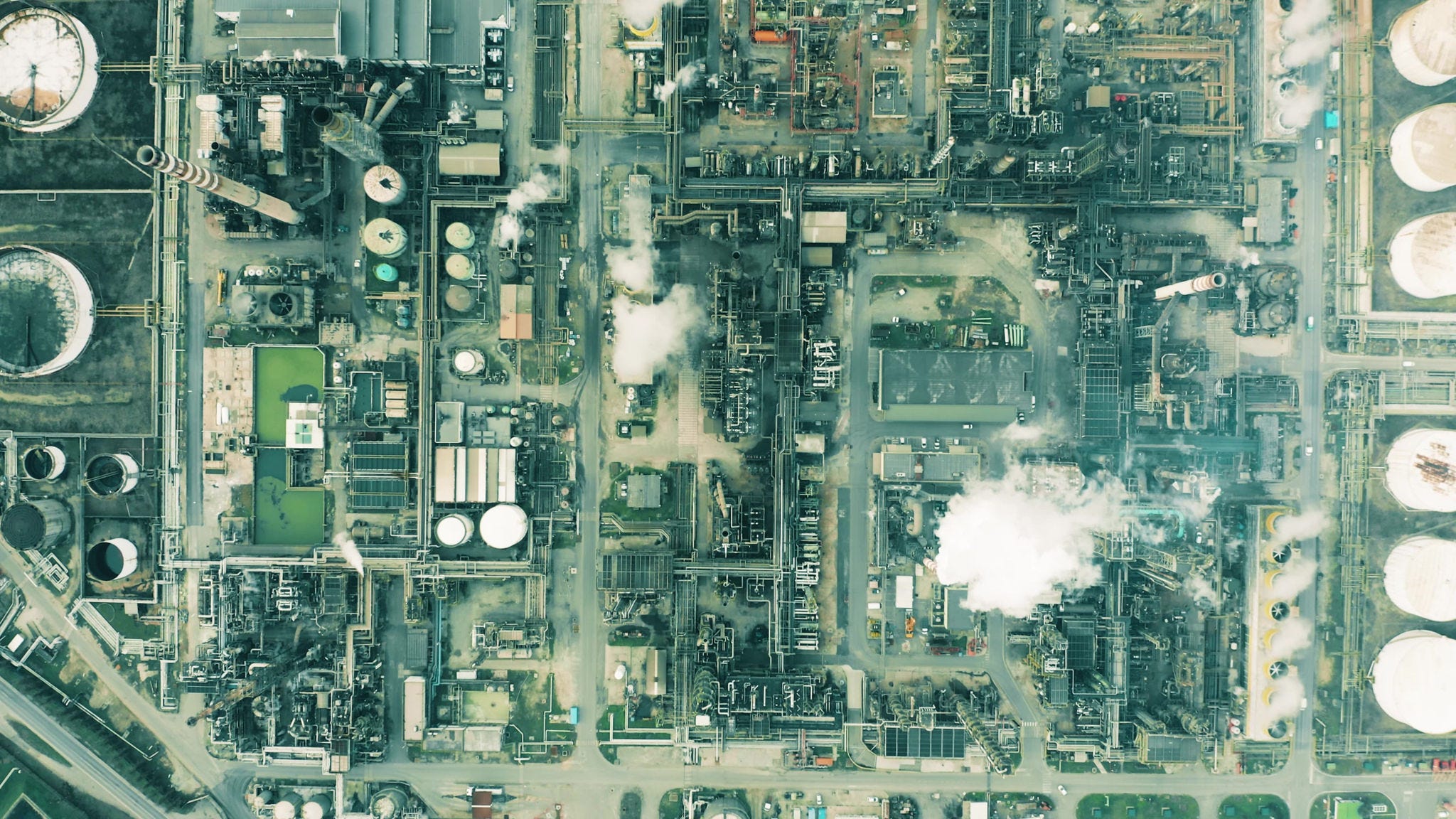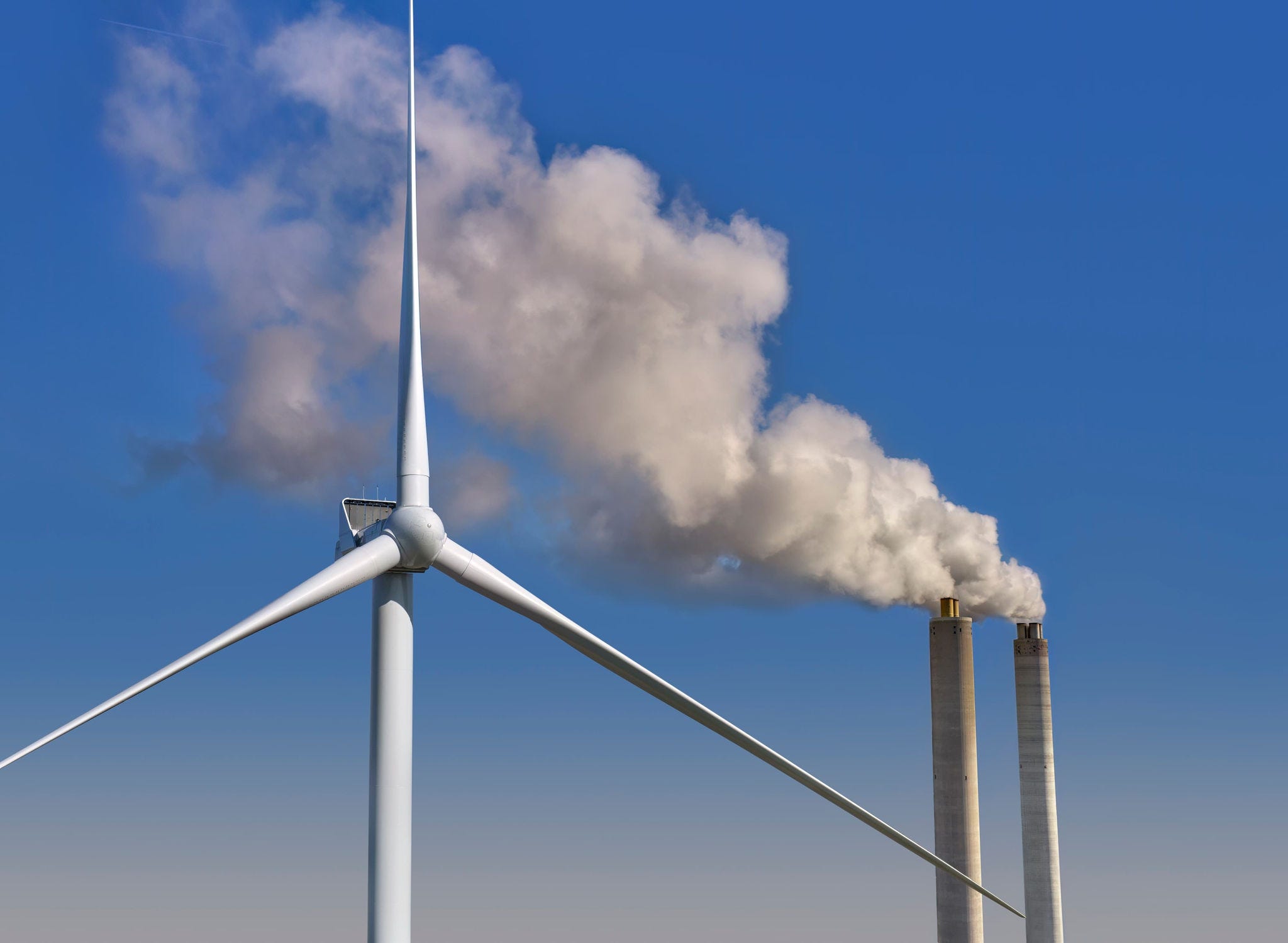Air pollutant emissions can be reduced by measures that induce a shift from dirty fuels to cleaner options, speed up the electrification of end use, enhance development of cleaner industries, reduce consumption of polluting products along the entire supply chain and facilitate adoption of cleaner technologies.
Air pollution
Air pollution is a major global health risk and cause of environmental degradation. As a leading trigger for premature death across the world, it is vital to tackle air pollution while also finding sustainable ways to cope with the pressures of economic activity. To support policy makers in their decision-making, the OECD provides analysis on the health, environmental, and economic consequences of air pollution.

Key messages
Policies that provide incentives across a broad spectrum of firms and consumers tend to be more cost-efficient than those that target a specific product, fuel or technology. Tackling air pollution calls for comprehensive package of price-based and regulatory measures, co-ordinated across local, national and international levels.
Both the sources of air pollution and severity of exposure vary across and within countries. It is therefores important to tailor policies to specific local circumstances, for example, prioritising measures with strong benefits in densely populated areas or for vulnerable socio-economic groups (such as children, elderly and pregnant women) and ecosystems. Such spatially heterogeneous policies help achieve environmental objectives at lower costs than measures that apply uniformly to sources in all locations and to populations at all risk levels.
Progress towards cleaner air can be assessed by measuring emission levels over time, the exposure of populations to air pollutants relative to WHO guidelines, related health effects and their costs, and the evolution of policy stringency directed at pricing air pollution. The costs of air pollution mainly arise from its detrimental impact on human health in the form of shorter life expectancy, increased healthcare costs and reduced labour productivity. Further consequences include reduced agricultural output and damage to ecosystems and built structures.
Using human-powered transport modes, adopting low-meat diets and investing in modern, energy-efficient heating systems (e.g. through building insulation and electrification) can provide a range of benefits for health, climate change mitigation and air quality. Encouraging these actions will yield multiple societal benefits simultaneously.
Context
In most OECD countries, PM2.5 emission levels and intensities have steadily decreased since 2000
In OECD countries, associated welfare costs of premature deaths due to PM2.5 pollution, represent on average about 2.4% of GDP equivalent (compared to about 5.8% worldwide). They have decreased in almost all OECD countries while they have increased in the rest of the world. The welfare costs associated with PM2.5 pollution are higher in Europe than in other OECD regions.
Air pollution is the leading environmental factor in premature death globally
Air pollution is linked to many health issues such as heart disease and lung cancer, and is a key environmental trigger for premature death globally. The health impacts of air pollution also have economic consequences. OECD projections show an expected increase of global healthcare costs related to air pollution from USD 21 billion in 2015 to USD 176 billion in 2060. Improving air quality can reverse that trend and help yield significant economic benefits.
Related publications
-
 20 March 2023
20 March 2023 -
 Working paper29 July 2022
Working paper29 July 2022
Latest insights
-
 Press release7 December 2020
Press release7 December 2020
Related data
-
IndicatorAir pollution exposure is the amount of airborne fine particulate matter that a population is subjected to.
-
IndicatorGreenhouse gases refer to the sum of seven gases that have direct effects on climate change : carbon dioxide (CO2), methane (CH4), nitrous oxide (N2O), chlorofluorocarbons (CFCs), hydrofluorocarbons (HFCs), perfluorocarbons (PFCs), sulphur hexafluoride (SF6) and nitrogen trifluoride (NF3).
-
IndicatorAir pollution effects are the impacts of airborne fine particulate matter on human mortality.
-
DashboardThe Climate Action Dashboard by the OECD features key indicators to track progress towards climate objectives and provide a snapshot of country climate action. It is one of the four components of the International Programme for Action on Climate, set up to help countries pursue progress towards net-zero greenhouse gas emissions and a more resilient economy by 2050.
Related policy issues
-
Environmental pollution poses a grave threat to ecosystems and human health, as the release of pollutants into air, water, and soil accelerates climate change, degrades biodiversity, and contributes to a range of health problems, emphasising the urgent need for global concerted efforts to mitigate its impact.Learn more
-
Chemicals are used in every product and play an important role in the everyday life of people around the world. However, they must be soundly regulated to avoid risks to human health and the environment. The OECD has worked with governments and industry since the 1970s to improve chemical safety and harmonise approaches for their assessment and regulation.Learn more
-
Policies are crucial to preserving and protecting the environment, but their economic and environmental implications are not always clear. The OECD has a long history using economic models and quantitative assessments to inform policymakers of the costs, benefits and potential tradeoffs of environmental policies.Learn more
-
Plastic pollution is one of the great environmental challenges of the 21st century, causing wide-ranging damage to ecosystems and human health. Growing awareness of plastic pollution has steered public opinion and paved the way for stronger policy interventions. The OECD's work on plastics seeks to inform and support these efforts.Learn more
-
Good water quality is vital for human health and for maintaining freshwater ecosystem health, in surface waters, groundwater and coastal waters alike. Water pollution affects ecosystems, drinking water, raises treatment costs and can worsen pressures on water resource availability. The OECD equips governments with practical policy recommendations to tackle pollution, achieve environmental quality objectives and contribute to the restoration of freshwater ecosystems.Learn more
Subscribe to our newsletter
The OECD regularly publishes newsletters featuring the latest publications, analysis, events, Green Talks LIVE webinars, articles and blogs related to environment.




